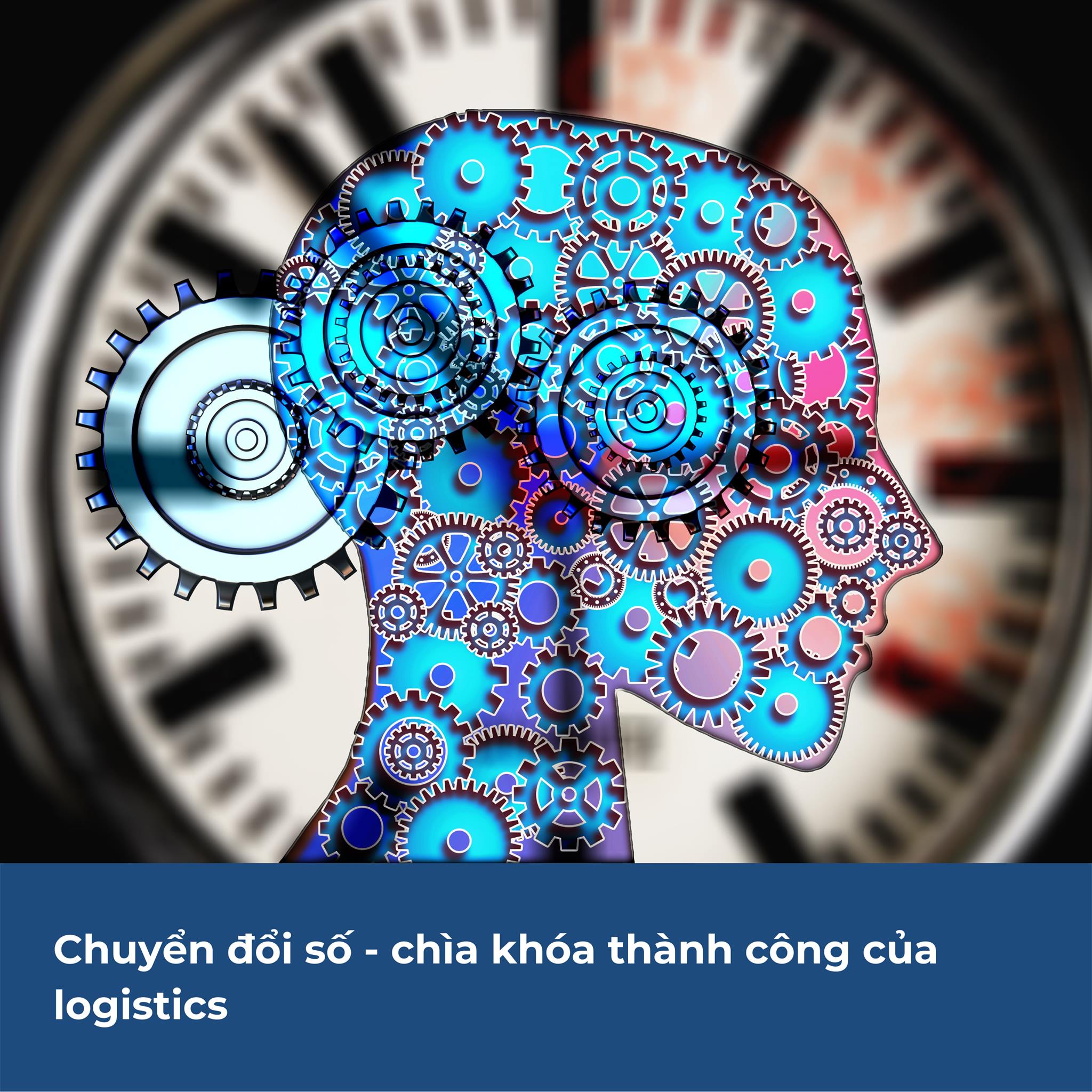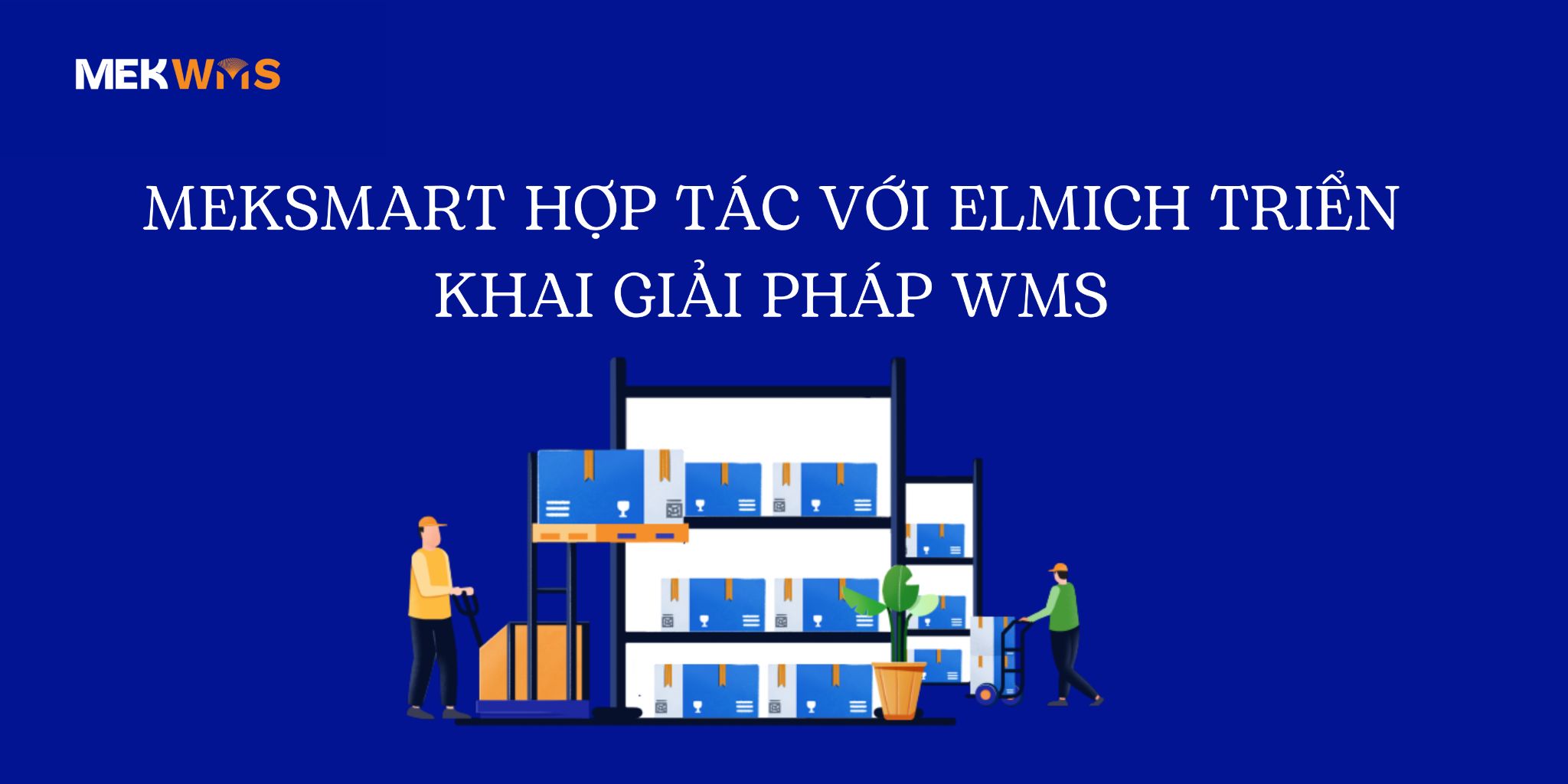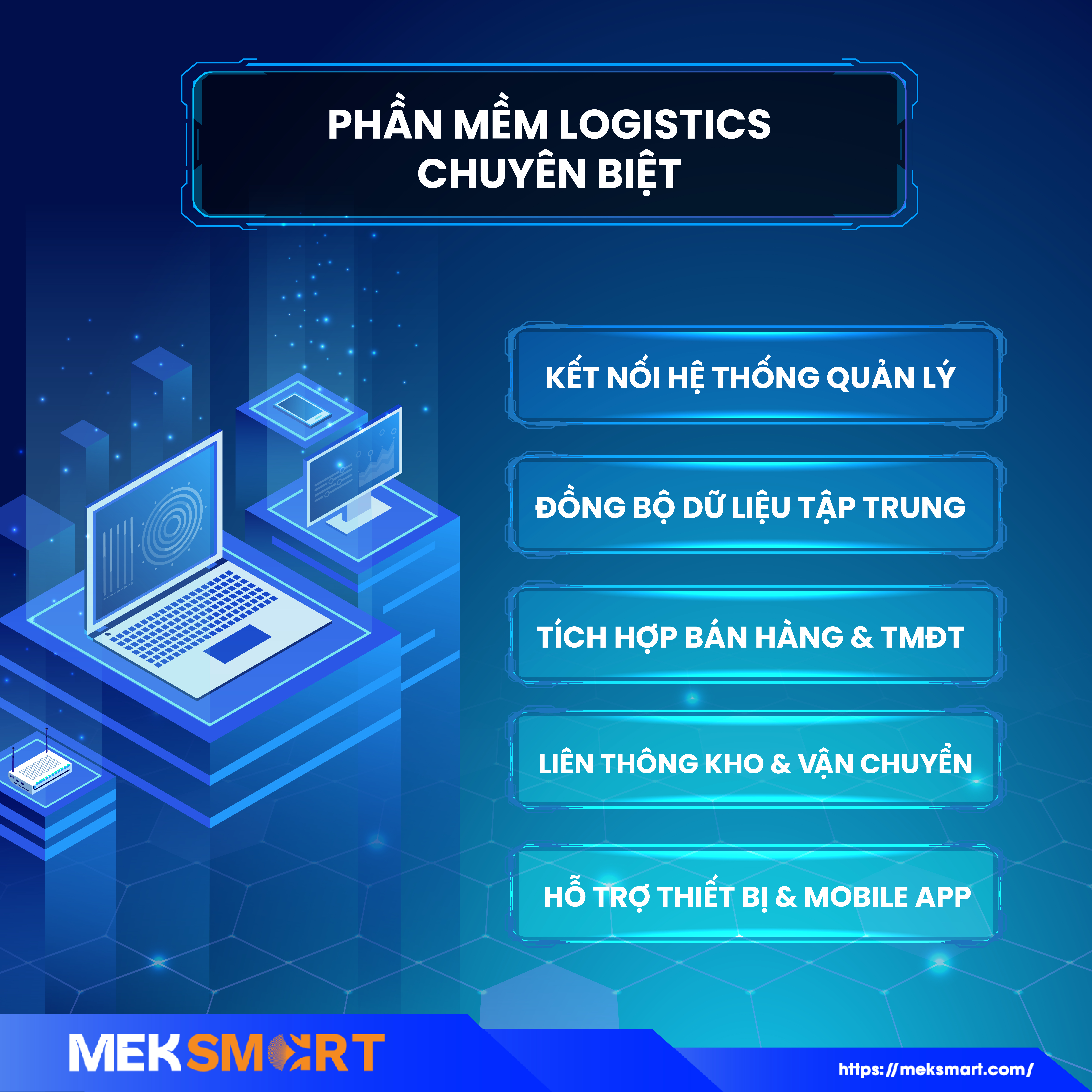MEKSMART
GENERAL NEWS
Author: Meker M
Update: 14/12/2022
DIGITAL TRANSFORMATION- THE KEY TO SUCCESS
The logistics industry has changed dramatically over the past 10 years and is in the midst of a digital transformation. The driving force for the supply chain to develop is the booming e-commerce, as well as the impact from the Covid-19 pandemic.
From cloud computing, robotics, AI (artificial intelligence) to IoT (Internet of things)... logistics professionals must fully understand the wave of disruptive technologies that promote faster technology development. Even as global e-commerce booms, blockchain continues to be seen as a driver of supply chain and logistics.
A successful business in the logistics sector must depend on reliability. AI always solves the most complex operational challenges such as Optimizing routes, accurately predicting capacity and demand, intelligent physical automation, etc. The logistics industry is also embracing its emergence. performance of robot workflow automation (RPA).
Applying AI to logistics digital transformation helps businesses increase their competitive advantage. Photo: Computer Wissen
The most important thing in the digitization process is to have a balance between work and people's lives. The logistics industry and the chain of stakeholders should work together to encourage the creation of a connected business environment, with realistic and humane expectations. This will require adopting a new mindset, embracing the benefits of digitalization, and creating more resilient, sustainable workplaces.
The logistics industry must adapt to the digital transformation era to thrive. Not only because of imminent threats, but companies must also do this to increase their competitive advantage, making the most of opportunities.
Resource: vnexpress.net






